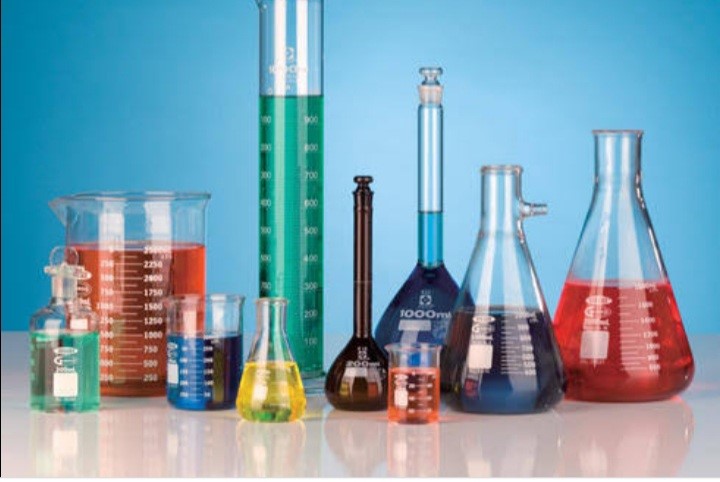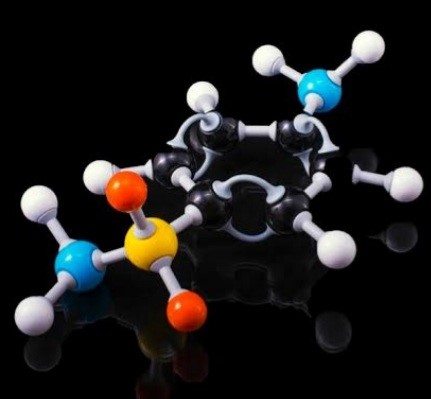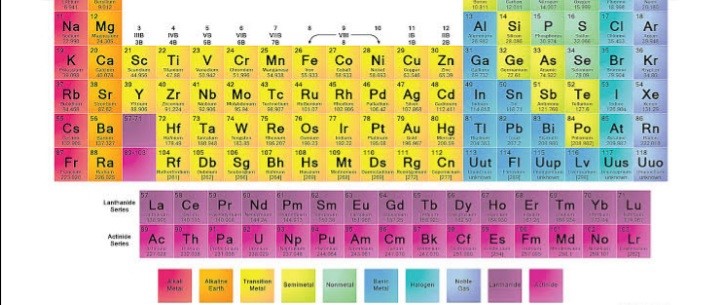TIPS FOR LEARNING CHEMISTRY BETTER AND FASTER FOR CHEMISTRY STUDENTS
TIPS FOR LEARNING CHEMISTRY BETTER AND FASTER FOR CHEMISTRY STUDENTS

A lot of the time, science students have a lot of things to learn in Chemistry. Sometimes, the purpose is to acquire knowledge needed for a specific application. Its purpose could also be for a test or an examination. At other times, though less frequently, it is merely for reading pleasure.
However, many students find the learning of Chemistry difficult and find it to be somewhat abstract. Truly, some aspects of the subject seem abstract, but there are ways to go about it.
1. Relate Chemistry to real life situations

I remember rendering some dissertation writing services to students on a topic called “Rates of Chemical Reactions". As a science student, you will agree that some of the factors affecting the rate of chemical reaction are temperature, pressure, concentration of reactants, catalyst, light, nature of reactants and surface area of reactants. In explaining surface area of reactants as a factor, I asked which between a powdered seasoning and a cubed one would work faster in a pot of soup. They answered that it was the powdered one. Then I asked, “Why?” They said because it was already powdered and so it would mix faster. Then, I explained that the powdered one had a large surface area while the cube seasoning has a small surface area. It then became very easy to import this illustration into the example of powdered marble and marble chips when separately reacted with an acid.
2. Do some research, those strange nomenclatures may actually be what you’re familiar with!

There are certain names of some organic compounds that you may not know they’re what you know and sometimes relate with. For example, did you know that polyethene is the same thing as the common nylon you’re used to? Do you also know that trichloromethane, CHCl3 is also known as chloroform, and is one of the chemicals used in producing paints? It is also the chemical used in preserving corpses.
3. Consider using flashcards.

Why flashcards? In providing assignment help with certain areas of Chemistry which seem to be abstract, it’s important to see the picture of what you are learning and also have the information about it written out. This helps to improve learning.
4. One of the advices that we give to students is to see in real life what they are learning.

For example, let’s say you took up a Chemistry textbook and read up a lesson on cracking of petrol. There you read about the different products of cracking of petrol which includes kerosene, diesel, gas, etc. You can actually go on a visit to a refinery. Whatever you see there sticks in your memory forever. Apart from that, you will find it very easy to grasp whatever you have read or will read on the topic.
5. Use acronyms, and sometimes songs for certain nomenclature

Using songs sound weird, right? But that’s one key to fast learning.
One good example we’ll show you is the first 20 elements of the Periodic Table. They are: Hydrogen, Helium, Lithium, Beryllium, Boron, Carbon, Nitrogen, Oxygen, Fluorine, Neon, Sodium, Magnesium, Aluminium, Silicon, Sulphur, Chlorine, Argon, Potassium and Calcium. Interestingly enough, they have a song! If you type “first 20 elements song”, you’ll find it!
